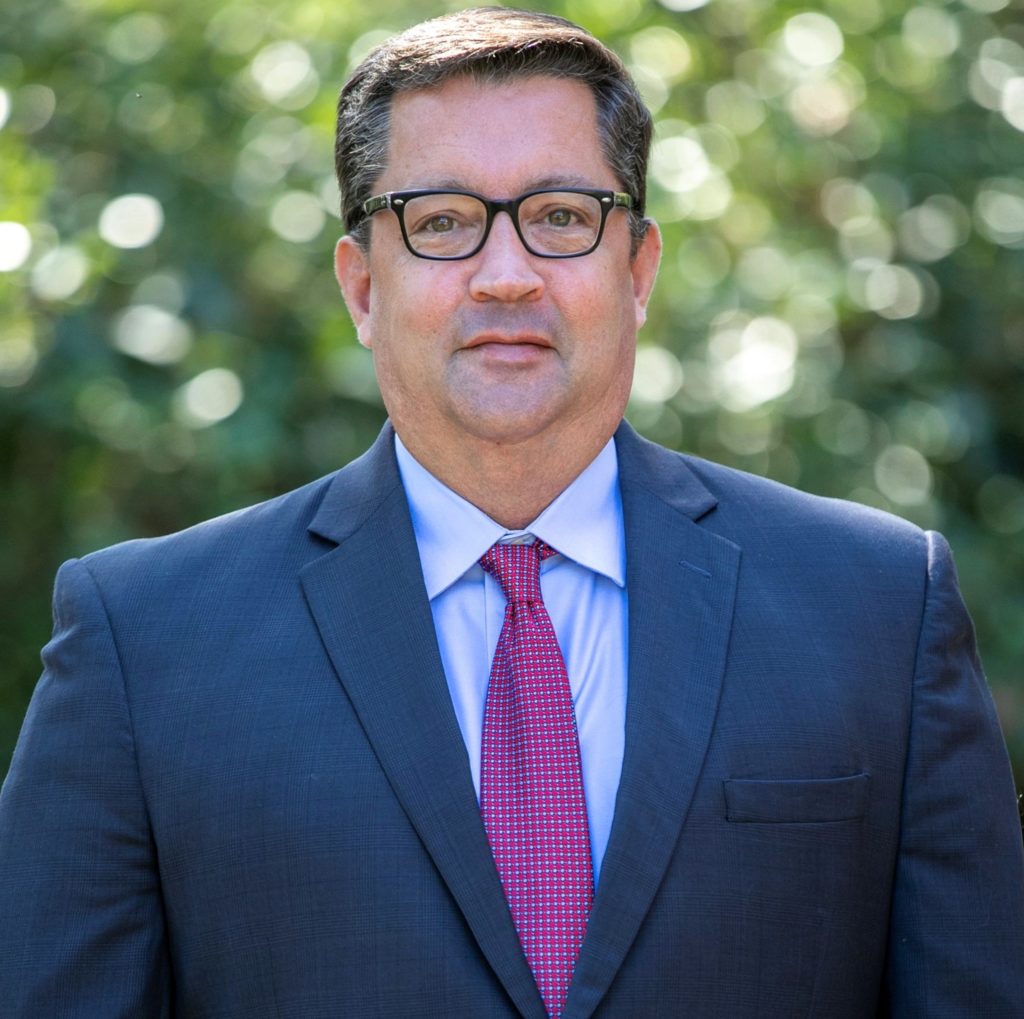By Clint Thompson
A positive step was taken for Georgia specialty crop growers in the current lawsuit against the Department of Labor (DOL), challenging the new worker rules proposed for the H-2A program.

Chris Butts, executive director of the Georgia Fruit and Vegetable Growers Association (GFVGA), a plaintiff in the case, said the implementation of the rules has been delayed until the end of August, pending a court hearing.
“When the suit was originally brought and we asked for an injunction, the DOL and USDA and their attorneys came back and said they would postpone that until Aug. 29, and there’s a hearing on Aug. 2. The thought process was that would give the judge enough time between that initial hearing and the injunction to make a ruling,” Butts said. “It was a good faith effort to avoid confusion, having go into effect for a few weeks and possibly being paused. It made more sense to delay it a little bit.”

Background
These new “Worker Protection Rules” were slated to go into effect in late June and continue to make the H-2A process prohibitively expensive and exceeds authority granted to the DOL, while adding more complex regulations to the program, according to the GFVGA press release, issued after the original announcement.
The DOL is requiring employers to allow temporary foreign farm workers to form unions, a right not even granted to American farm workers, the GFVGA said. The DOL claims its authority under the Immigration Reform and Control Act, though that statue does not mention the right to form unions.
Butts hopes this hearing will halt the implementation of the rules which will impact specialty crop operations across the Southeast.
“I’ll never try to predict what the courts will do any more than what we try to predict what the legislature will do, but I do think it’s a good sign that the judge has agreed to have a hearing on the request for an injunction. I think if she would have felt it was without merit that she wouldn’t have granted that hearing,” Butts said. “We try not to read too much into it, but we think it’s a positive step that the judge agreed to hold a hearing on the injunction, and we thought it was a positive step that the USDA and DOL said, lets pause the implementation until after that hearing.”










